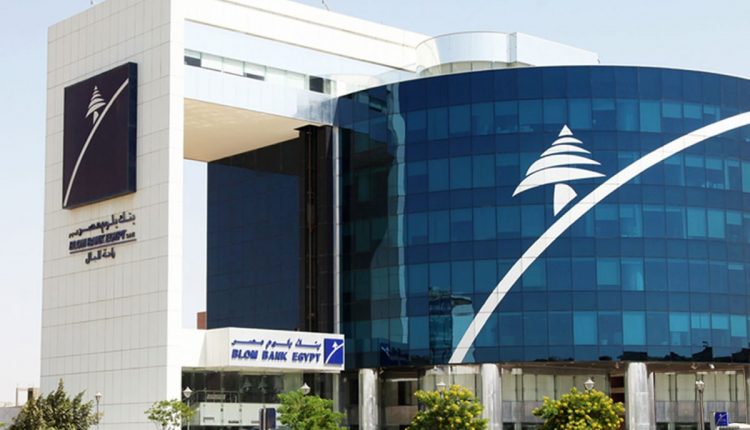Lebanese BLOM Bank’s sale of its Egyptian unit would provide much-needed capital enhancement, said Moody’s in a report released on Monday.
The sale would increase BLOM Bank’s capital base and foreign-currency liquidity, a credit positive amid Lebanon’s deep economic, financial and social crises, according to Moody’s.
Lebanon’s currency collapse and surging inflation are fuelling a highly unstable environment, which the government’s 10 August resignation exacerbates.
“Delay in forming a new government increases risks of social unrest and reforms needed to unlock critical official sector financing that would allow Lebanon to begin economic recovery,” said Moody’s.
Amid the country’s uncertain environment, systemwide private-sector deposits declined by $12.8 billion in the first five months of 2020 and by $15.7 billion, or 9.1 percent, in 2019, despite banks’ informal capital controls, the report showed.
“The Egyptian unit was one of the group’s most profitable units last year. Although BLOM Bank would sacrifice diversification, future growth and earnings, the sale could fetch a significant multiple over book value,” according to the report.
Moody’s projected real GDP growth of 3.2 percent for 2020 in Egypt, down from 5.6 percent in 2019, and although Egypt comprised 7 percent of BLOM Bank’s consolidated assets as of 30 June 2019, the country contributed 12 percent of group profits.
For Emirates National Bank of Development (Emirates NBD), the report said that the acquisition would have limited credit implications over the next 12-18 months, given the small size of BLOM Bank’s Egyptian operations relative to ENBD.
BLOM Bank Egypt’s total assets of around $2.5 billion as of June 2019 equalled around 1.3 percent of ENBD’s total assets worth $189 billion as of 30 June 2020, it added.
Over the longer term, Moody’s expects the acquisition to support ENBD’s strategy to have a greater presence in the region’s large markets, including the UAE (the bank’s domestic market), Saudi Arabia, Turkey and Egypt, and would increase ENBD’s existing operations in Egypt, where the bank offers banking services to both individuals and corporate clients.
ENBD does not disclose the size of its Egyptian operations, but the bank’s exposure to “other operations” was 2.7 percent of ENBD’s total assets as of December 2019, while their operations include Emirates NBD Egypt, property management, operations and support functions, according to the report.



